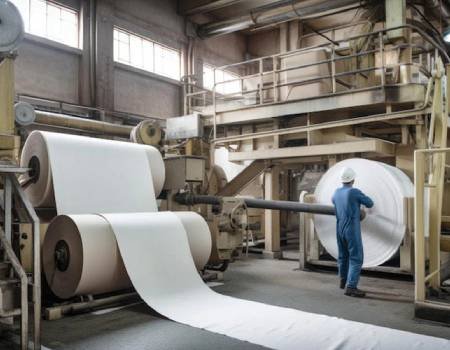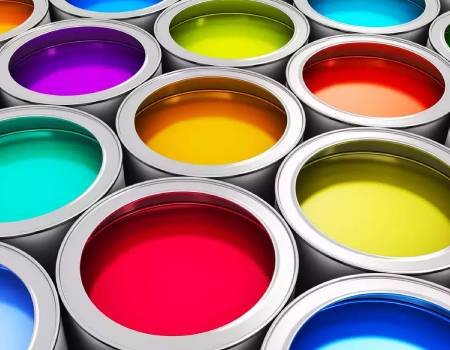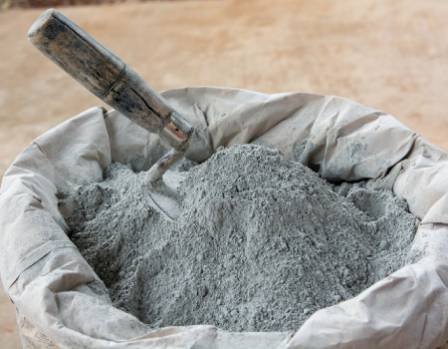Application of Kaoline Powder
Kaolin powder finds application in ceramics, paper, paint, rubber, plastics, and pharmaceutical industries due to its versatility as a filler, extender, and coating pigment, enhancing product performance and aesthetics.
Paper Industry :
Kaolin is crucial in paper manufacturing as a cost-effective filler and coating agent, enhancing paper strength and appearance. Its particle size affects filler and coating properties, boosting gloss, smoothness, brightness, and printability by improving ink absorption, pigment holdout, reducing linting, and increasing surface roughness for better printing results.


Paint Industry:
White kaolin, rich in silica and alumina, is vital in paint manufacturing as a cost-effective substitute for titanium dioxide. It enhances color brightness, controls texture for smooth dispersion and coating, and improves paint durability, opacity, gloss, and viscosity. Calcined kaolin further enhances these properties, creating crack-resistant paints with superior gloss and opacity.


Ceramics Industry:
Kaolin plays a crucial role in the ceramic industry, enhancing molding ability and surface finish in whitewares like tiles and porcelain. It serves as a high-dielectric material in insulators, substitutes for scarce resources in refractories, and supports innovative uses in aerospace and bioceramics, such as durable ceramic knives and advanced medical implants.


Rubber Industry:
Kaolin enhances rubber products with its unique 'booklet' particle structure, boosting strength and stiffness by improving stress transfer. It serves as a cost-effective substitute for silica and enhances properties of calcium carbonate in rubber solutions. Fine kaolin increases abrasion resistance and stiffness, while coarse kaolin suits abrasive applications like rubber flooring. Calcined kaolin aids conductivity in wire and cable manufacturing.


Cement Industry:
Kaolin plays a vital role in the cement industry by enhancing compressive and flexural strength, and reducing water permeability when added as highly calcinated pulverized kaolin. This improves durability and reduces shrinkage in concrete, making it ideal for high-performance applications like bridge construction where strength, durability, and reduced water permeability are critical.


Adhesives Industry:
Kaolin is crucial in the adhesives industry for its rheological control capabilities. Adhesive formulations require varying viscosity levels and shear rates during production and application phases. Kaolin adjusts viscosity to meet specific product requirements, ensuring optimal performance and consistency across different manufacturing and end-use conditions.


Dye Industry:
In dye production, kaolin serves as a cost-effective filler or extender, enhancing color intensity and absorbability. It also improves the catalytic ozonation process in dyeing applications. Fine kaolin enhances brightness, opacity, and color, while coarse kaolin adjusts viscosity, ensuring improved performance and efficiency in dye formulations.


Cosmetics and Soaps:
Kaolin is valued in the cosmetic industry for its absorbent properties and ability to control rheology, prominently used in mud masks to draw out impurities without leaving shine. It's less absorbent than other clays in soap, making it ideal for dryer skin types. Kaolin is also utilized in deodorants, toothpaste, poultices, and scrubs


